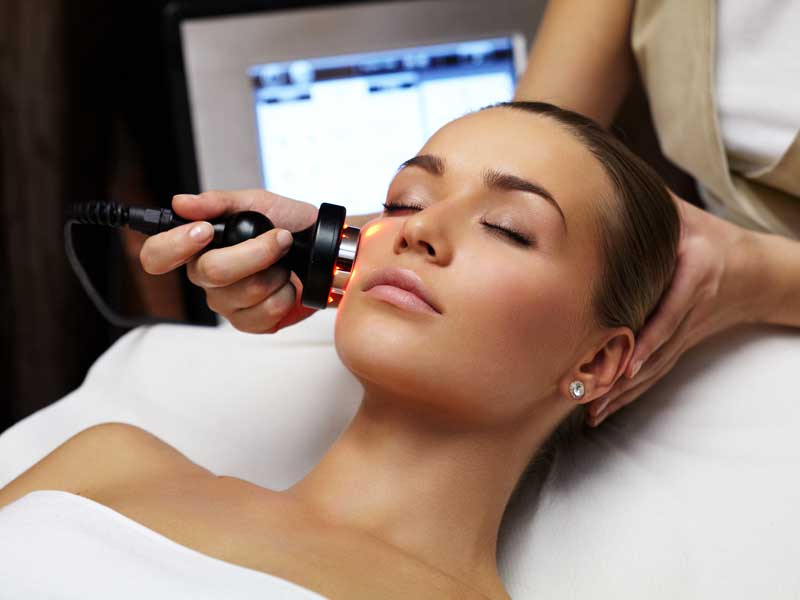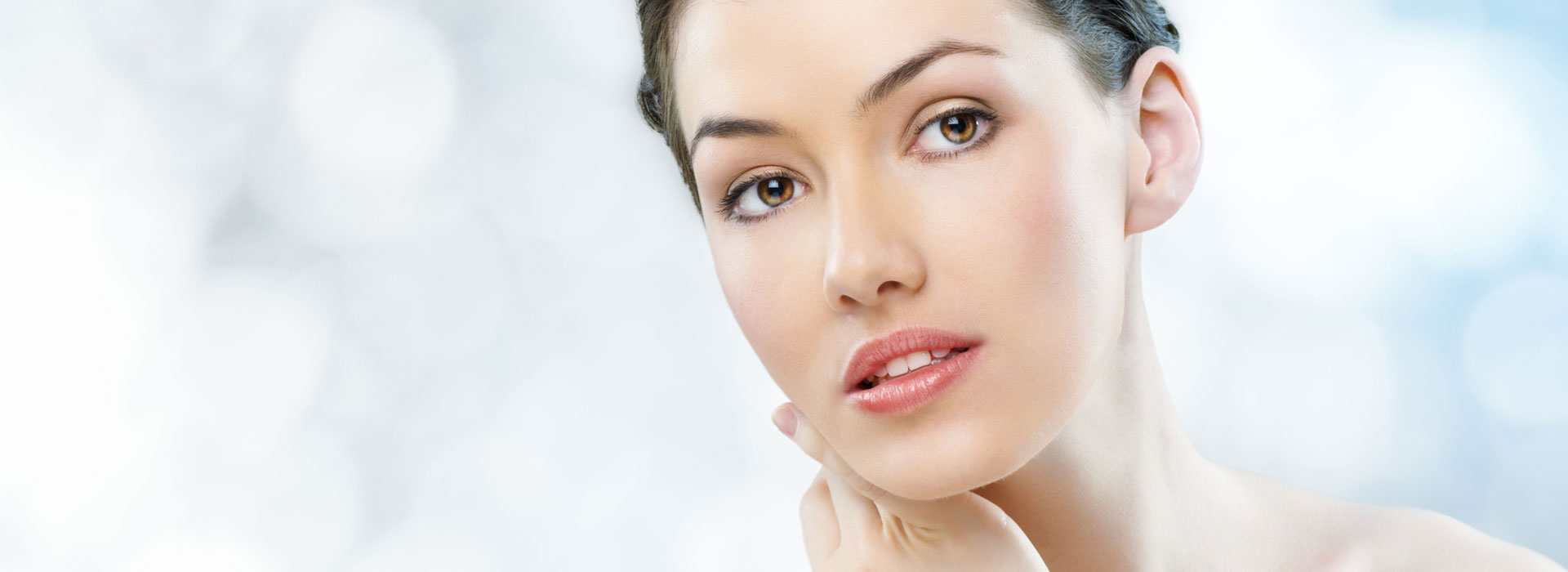When bacteria, dead skin and oils clog your pores and inflame them, you can develop acne. Acne can be of various types. Further, acne scar is also pretty common in individuals. Therefore, you can consult a skin doctor at an aesthetic clinic JB for the necessary treatment in these conditions. This article will discuss the various types and causes of acne and acne scars and how your doctor can medically treat them.
Acne
Acne is one of the most common skin conditions that affect people worldwide. Often hormonal changes in teenagers cause them to get acne. Besides, stress, various environmental factors, menstrual cycle, using oil-based skin care products, etc., can cause acne in adults.
Types of acne
Acne can be present in various forms. Whiteheads and blackheads are typical forms of acne that heal smoothly compared to other forms. Let’s discuss the different types of acne.
- Papules – These are pink or red coloured bumps that are painful to touch.
- Pustules – These are pus-filled lesions with a red coloured base and white or yellow colour at the top.
- Nodules – These are larger that papules and pustules. Besides, as they extend deeper into the skin, they are more painful.
- Cysts – These are painful and pus-filled lesions that lie deep within your skin and may cause scarring.
Acne scars
Inflammation of acne blemishes can cause acne scars. Some acne blemishes are small, and as a result, the scars they cause are pretty shallow and heal faster. In some cases, the content of blemishes can spill into the surrounding tissues causing deeper scars. Your skin may form new collagen fibres as a response to repair these scars.
Types of acne scars
Acne scars can be of two forms. In the first case, the loss of tissue can cause scarring, further leading to a skin indentation. You may develop a raised scar on the affected skin area in the second situation. It happens because when your skin produces excess collagen to heal your acne, you may develop these forms of raised scars. Not all forms of acne cause scars.
Moreover, even if you develop acne scars, not all of them are permanent. In such cases, visit your doctors at a skin clinic in Johor Bahru to receive the necessary treatment of your acne scars. The following are the different types of acne scars that you may develop.
Atrophic or depressed scarring
Some of the common forms of atrophic scarring are –
- Ice pick – These scars resemble the ice pick tool, where you will notice the hole is wide at the top and narrows as it goes deeper into the skin. This type of skin indentation is petty common and can be difficult to heal. They mostly appear on your upper cheeks or forehead when the skin is comparatively thinner.
- Rolling – These scars mostly appear on thicker areas of your skin, such as lower cheeks and jaw. The skin indents of these scars have sloping edges and cause your skin to appear uneven and wavy.
- Boxcar – These skin indents have sharper edges that go deep into your skin. They also are likely to appear on your jaw and lower cheeks.
Hypertrophic or keloid scars
These raised scars develop due to excess collagen production on the affected site. They are most likely to appear on the back, shoulders, chest, jawline. They can be painful and tender to touch and might cause itchiness.
Prevention of acne scarring
Your skin specialist in JB might suggest the following measure to prevent the risk of acne scarring.
- Apply sunblock – While sunlight is needed for skin to produce Vitamin D, excess of it can darken your skin. As a result, it can further make your scars more prominent.
- Avoid picking, scratching or squeezing – No matter how tempted you feel to scratch, squeeze or pick your acne, you must refrain from doing so. It can further worsen your scars.
- Receive treatment immediately – Delaying your acne treatment can cause scars to develop. Hence, consult your skin doctor to treat your acne immediately and effectively.
Treatment of acne and acne scars
It is crucial to treat your acne early to avoid acne scarring. Your skin doctor Johor Bahru might prescribe topical medicines or various therapies to treat your acne.
Topical medicines
The following are some common topical medicines that your doctor may advise to treat your acne.
- Retinoids and other similar drugs – Doctors often prescribe retinoic acids or tretinoin to treat moderate acne. They are available in creams, gels and lotions. You can apply this medication once or three times a week. As your skin gets familiar with the medicine, you can apply it daily. However, you should avoid applying this cream simultaneously as benzoyl peroxide. You must also consult your doctor to learn about the other precautionary measures you should follow while using this medicine.
- Antibiotics – They help reduce skin inflammation and redness and destroy excess skin bacteria. Your doctor may recommend using a retinoid and an antibiotic at different times of the day. Moreover, you can combine antibiotics with benzoyl peroxide to reduce the possibility of antibiotic resistance. However, doctors usually do not prescribe topical antibiotics alone.
- Azelaic acid and salicylic acid – Azelaic acid has antibacterial properties and can effectively treat acne. Besides, doctors also recommend it to prevent discolouration that might cause due to acne. On the other hand, Salicylic acid might help prevent plugged hair follicles.
Treatment of acne
Apart from the topical medicines, your doctor may opt for the following treatment procedures for acne and acne scars.
Dermabrasion
It is a common treatment for facial acne scars. Your healthcare providers will use a wire brush or wheel to exfoliate the uppermost layer of your skin deeply. This treatment is most effective to treat scars that appear nearer to the surface, such as rolling or boxcar scars. If you have deeper scars, this treatment might help make them appear less noticeable.
Chemical peels
In this procedure, strong acids such as salicylic, glycolic or retinoic acid are used to remove the uppermost skin layer to reduce the appearance of deeper scars. It is better to get this procedure done under the care of a skin specialist in JB. As different chemical peels are available, consult your healthcare provider to determine the one best suited for your skin and condition. They can be used for all types of acne scars but are often used for deeper scars.
Laser resurfacing (Ablative or non ablative laser)
Similar to the previous methods, your skin doctor will use this procedure to remove the topmost layer of your skin. Usually, this method involves a faster healing time. You may need proper wound dressing with topical or oral antibiotic for complete recovery. They can help treat all types of acne scars.
Fillers
Your doctor at a skin clinic in Johor Bahru can use this method to fill in your acne scars to help them appear even. They might use collagen, your fat or commercial filler in the process. This treatment involves your skin doctor injecting the fillers under the skin’s surface to smoothen the depressed scars. While some filler is permanent, some needed to be redone after 6 to 18 months. You can consult your doctor to learn more about the process. This method is effective for patients with a smaller number of scars.
Microneedling
In this method, your skin doctor uses a small, handheld device with a needle-like structure on the surface of your scars. The needle punctures your numbed skin; however, it doesn’t go through like an injection. Instead, it makes collagen when your skin heals. This method can help reduce the depth of your skin scars. However, you must be patient as you cannot notice visible changes for at least a few months. You can consult your doctors to learn how much time it will take to see results. They are effective for depressed acne scars and used for all skin tones.
Injections
If you have raised scars, your skin doctor might inject different medications to help soften and flatten them. Some of the medications they might use are corticosteroids, interferons, etc. They are usually given in a series, once every few weeks. If you have concerns about the number of injections you might need or how long the treatment will continue, you can ask your skin doctor.
Minor in-office surgery
Your skin doctor might help remove a noticeable scar and leave a small scar behind. This scar usually fades with time. Moreover, they can also loosen the fibres beneath your scar that, helps lift them closer to your skin surface. It helps your scars become less noticeable. This treatment method is called subcision. This method is used for depressed and raised scars.
Dermed Clinic is an aesthetic clinic JB that helps treat various skin conditions. For acne and acne scars, enlarged pores, or other skin-related issues, feel free to consult Dr Muniandi of Dermed Clinic. Based on the skin condition you are suffering from and its severity, they will offer the most suitable treatment to offer the best results. Have any skin concerns? Schedule your appointment at Dermed Clinic today.
Share this Article







